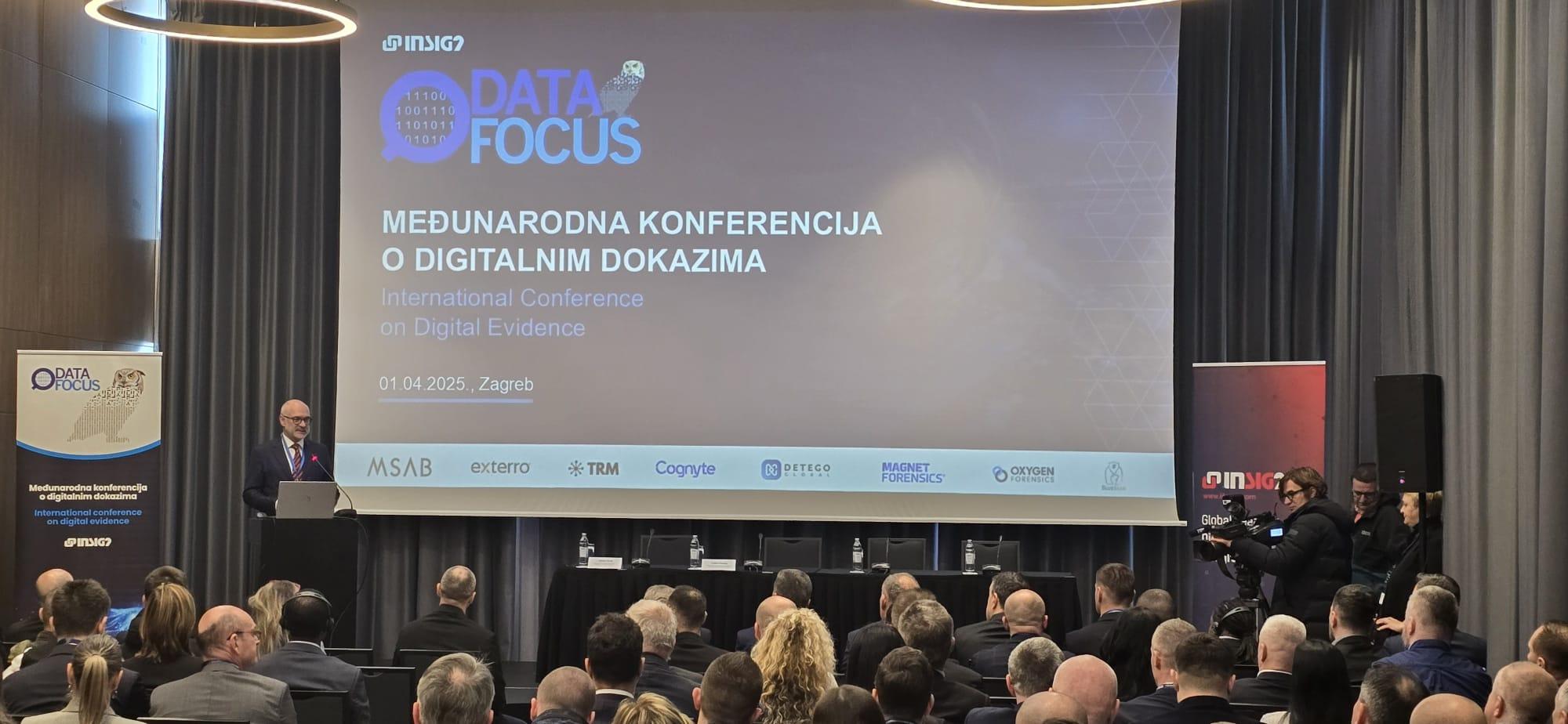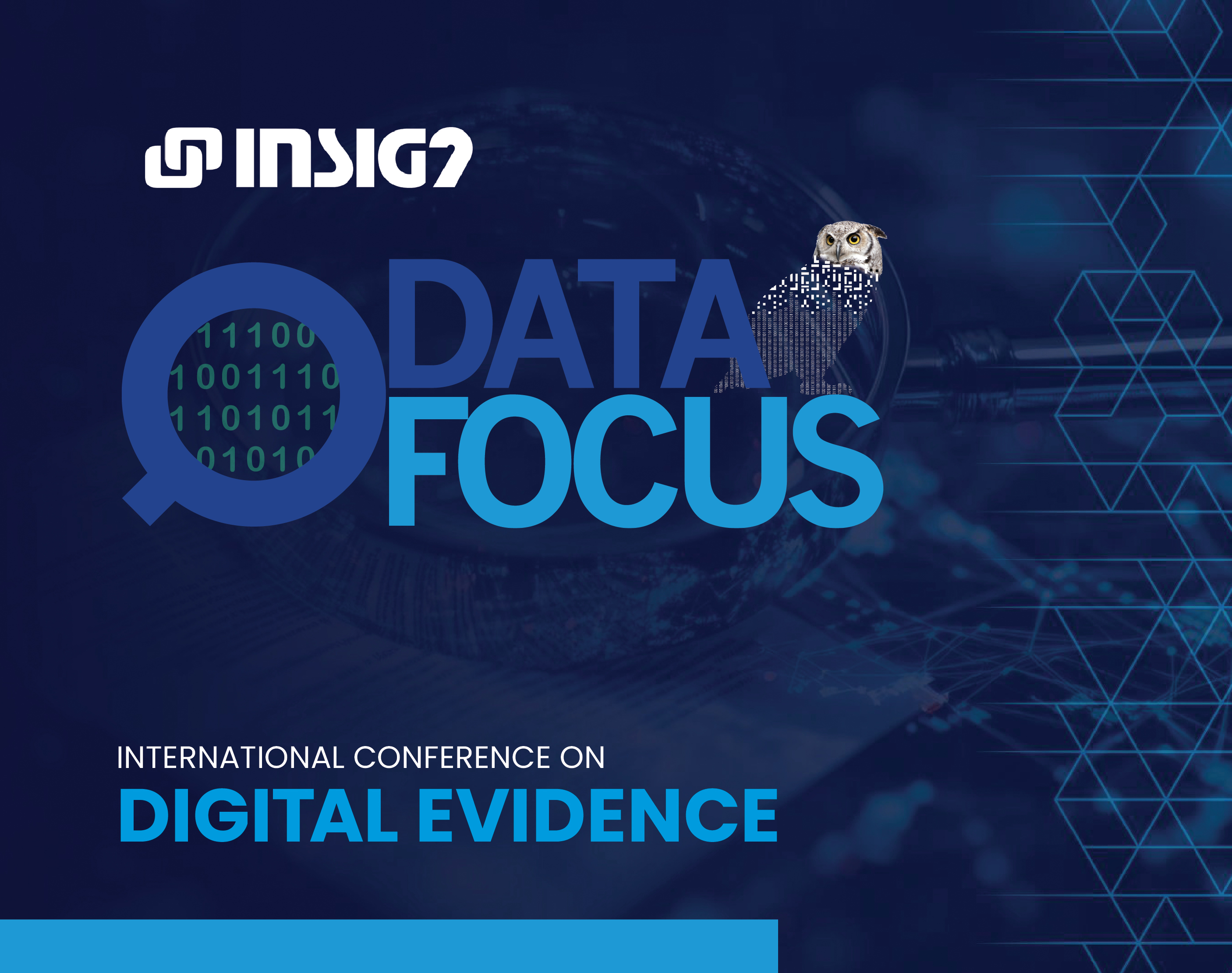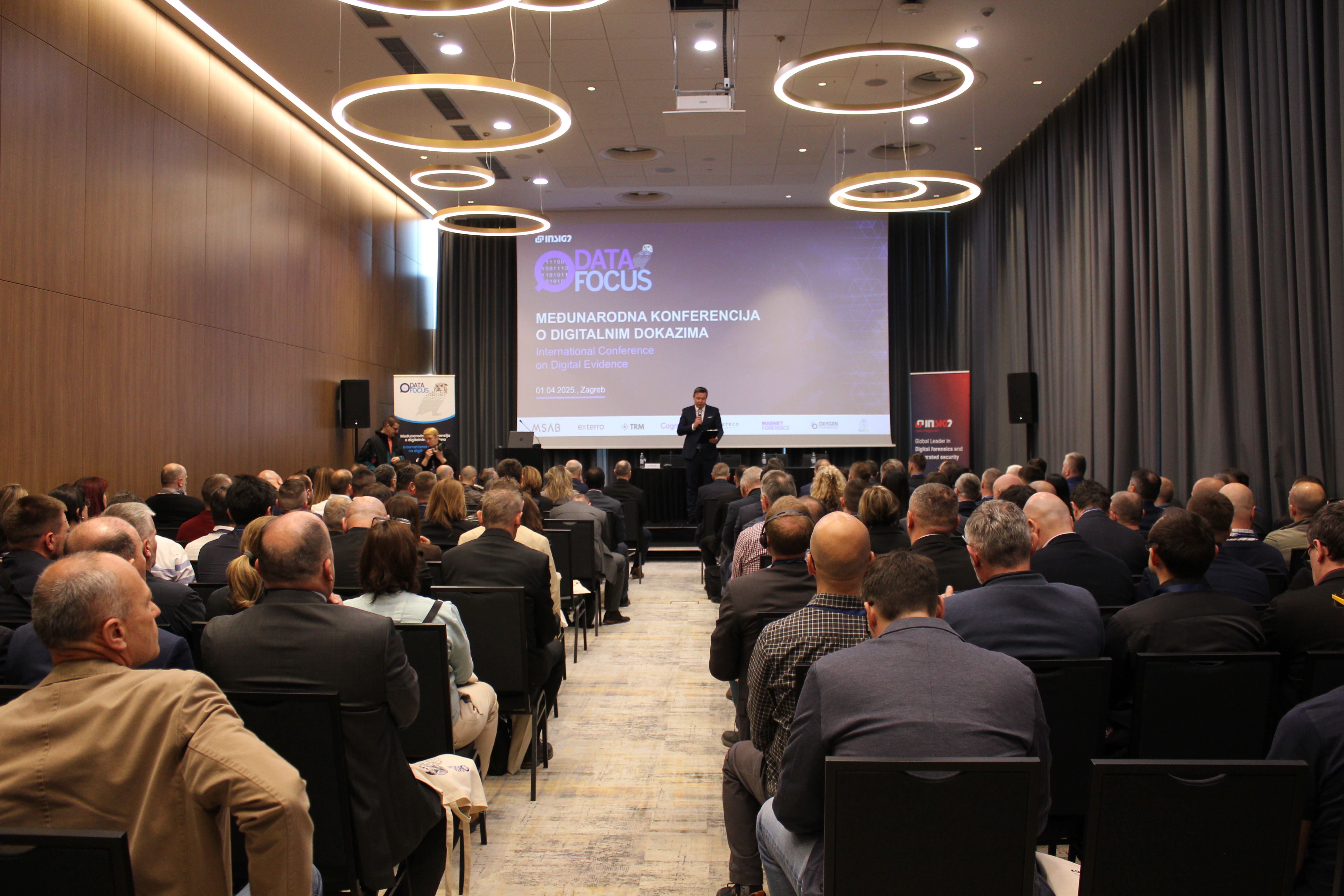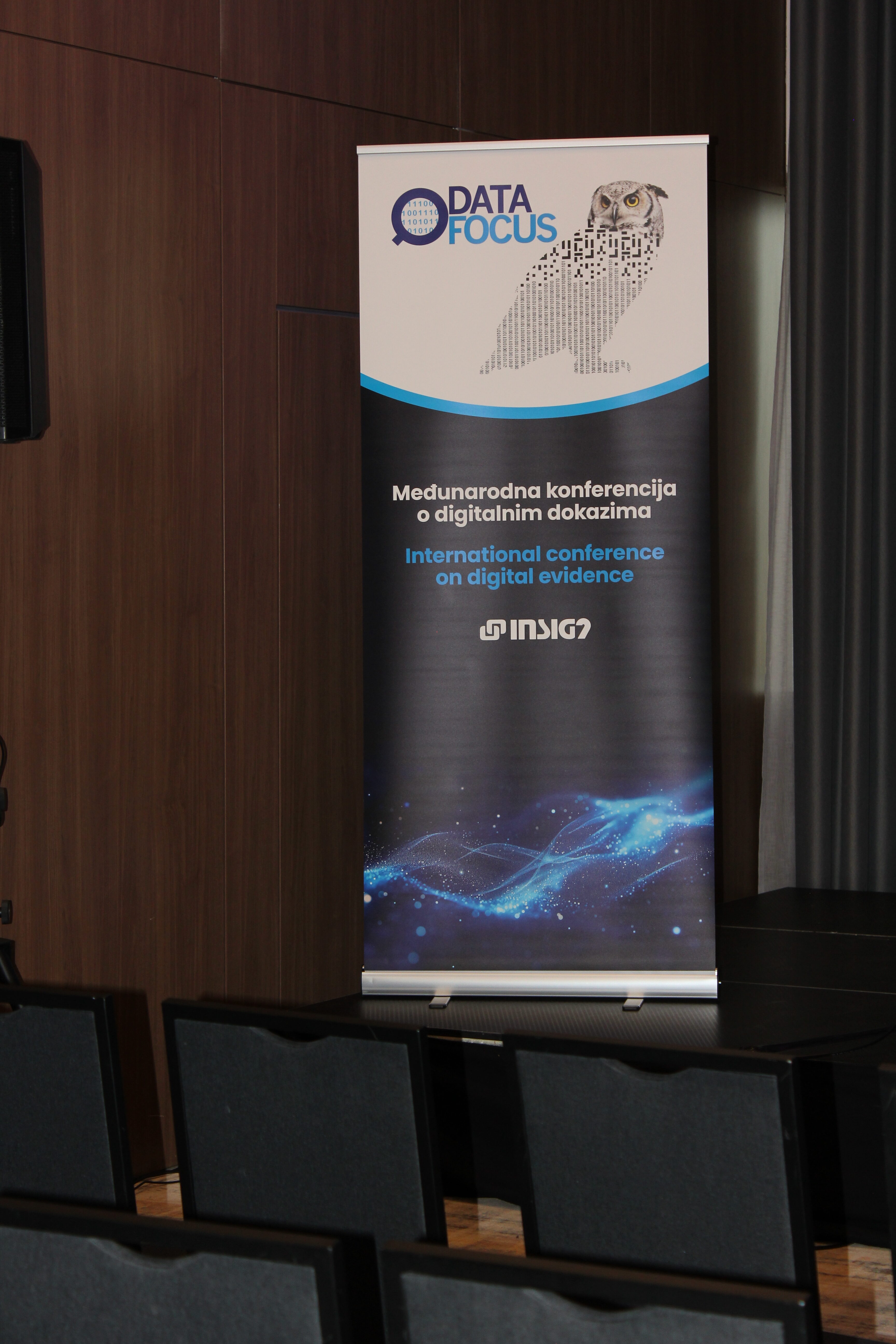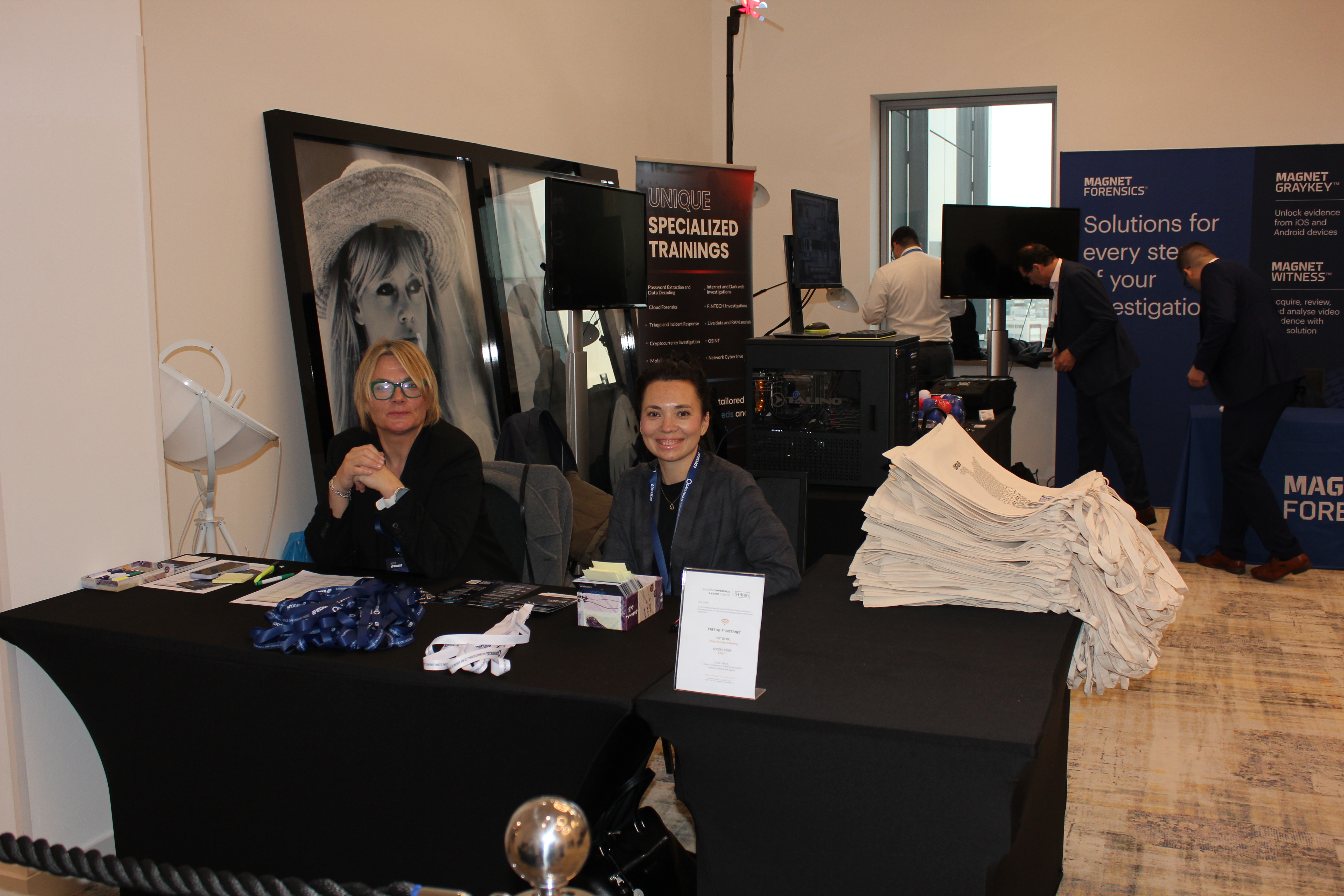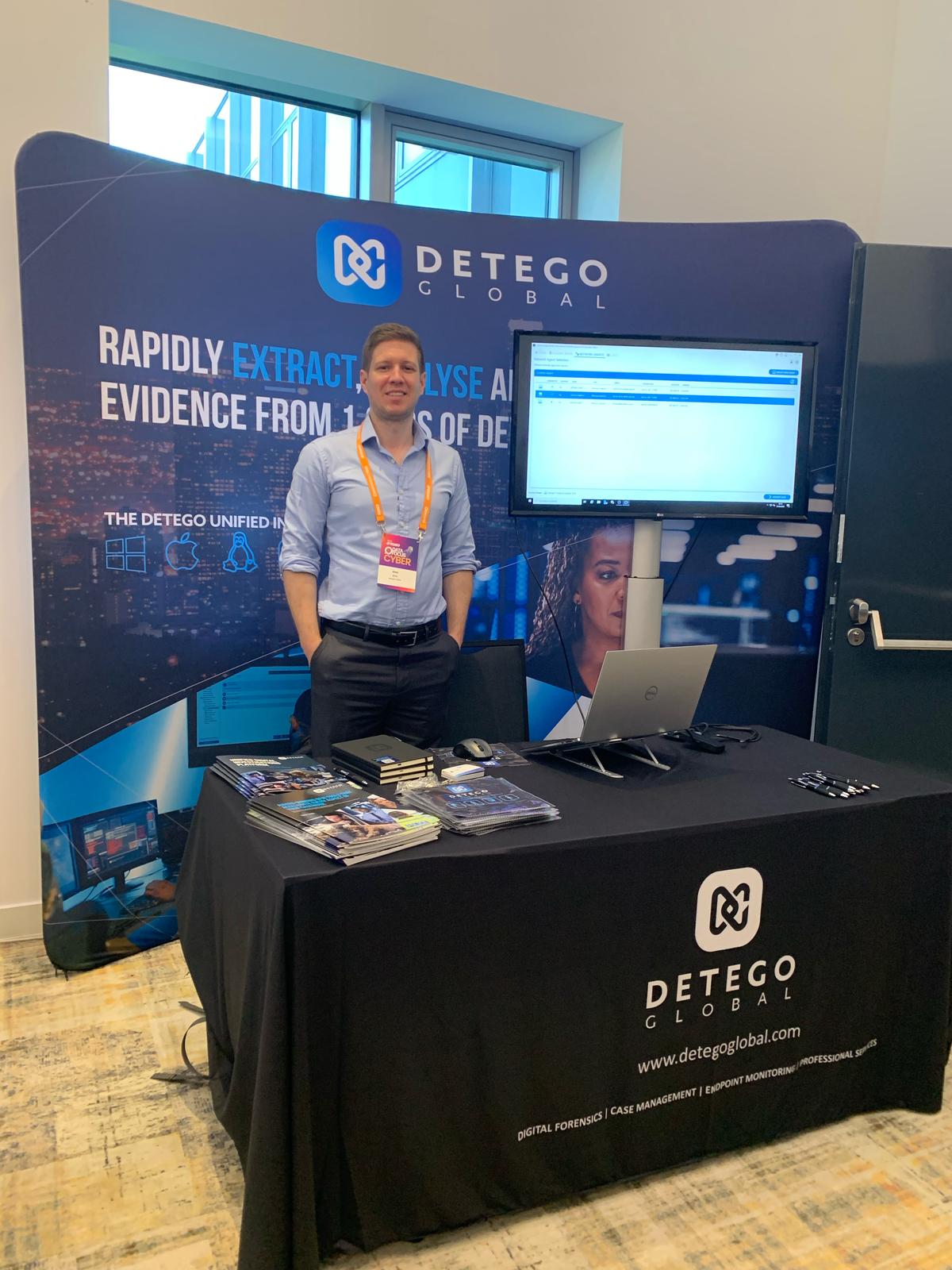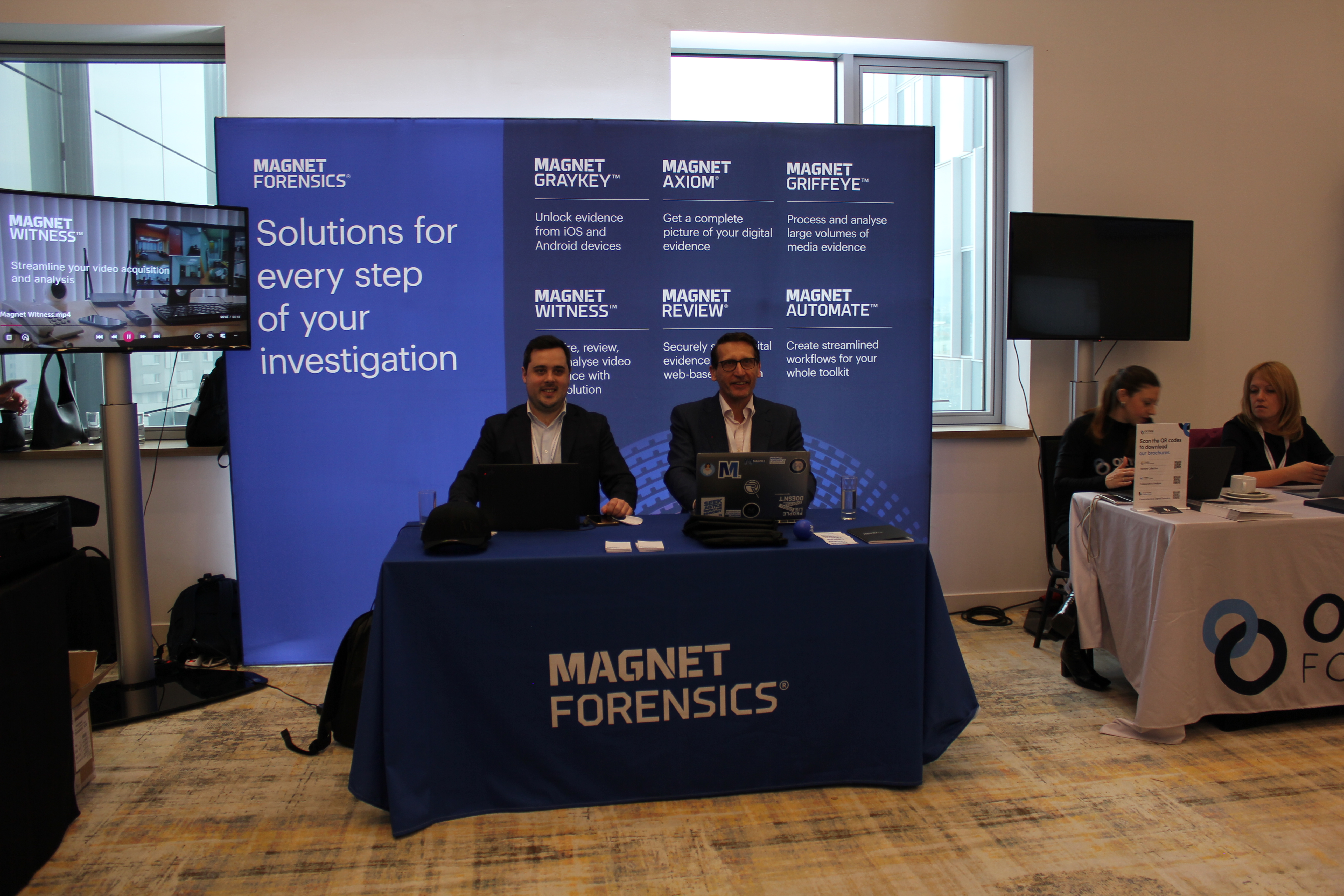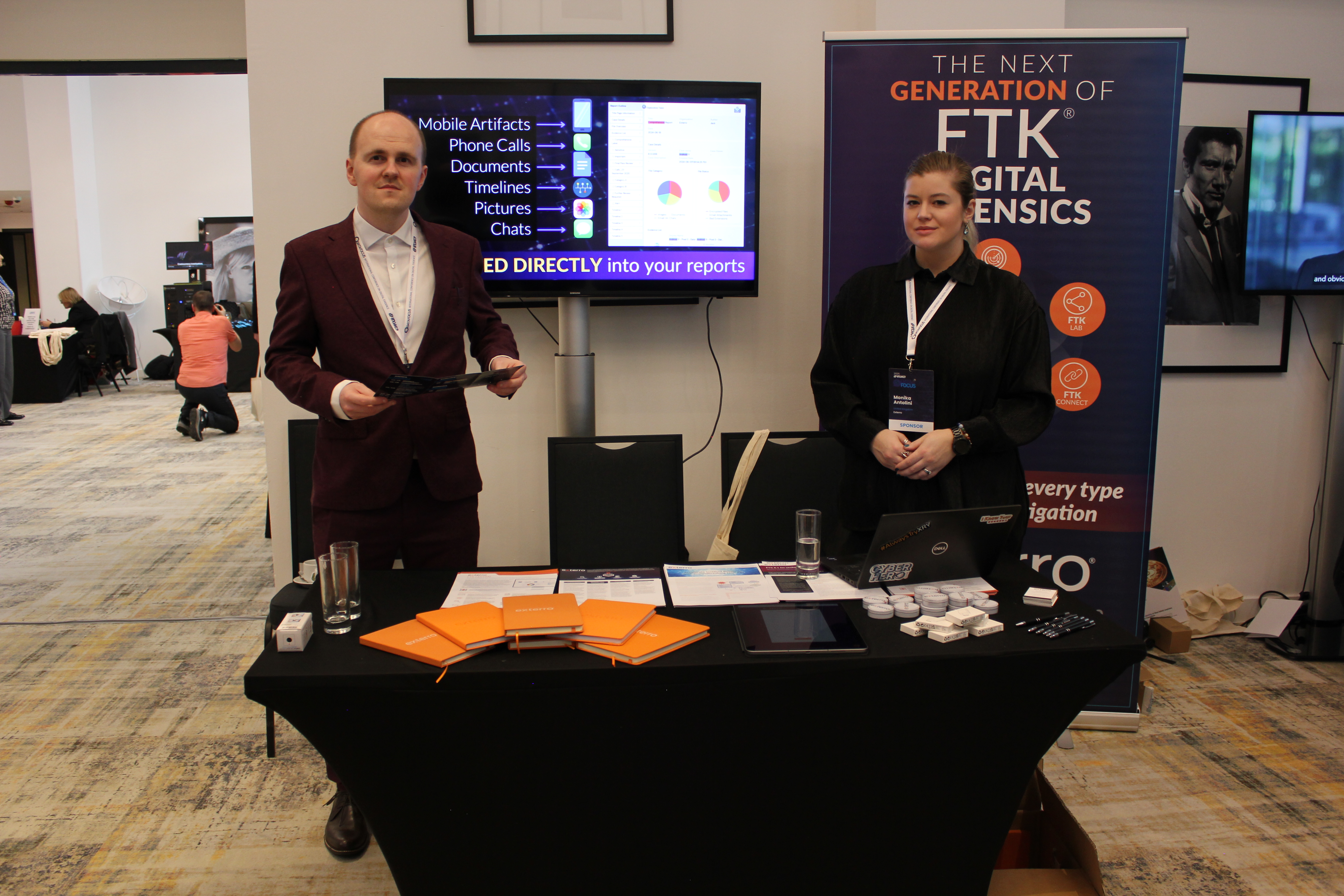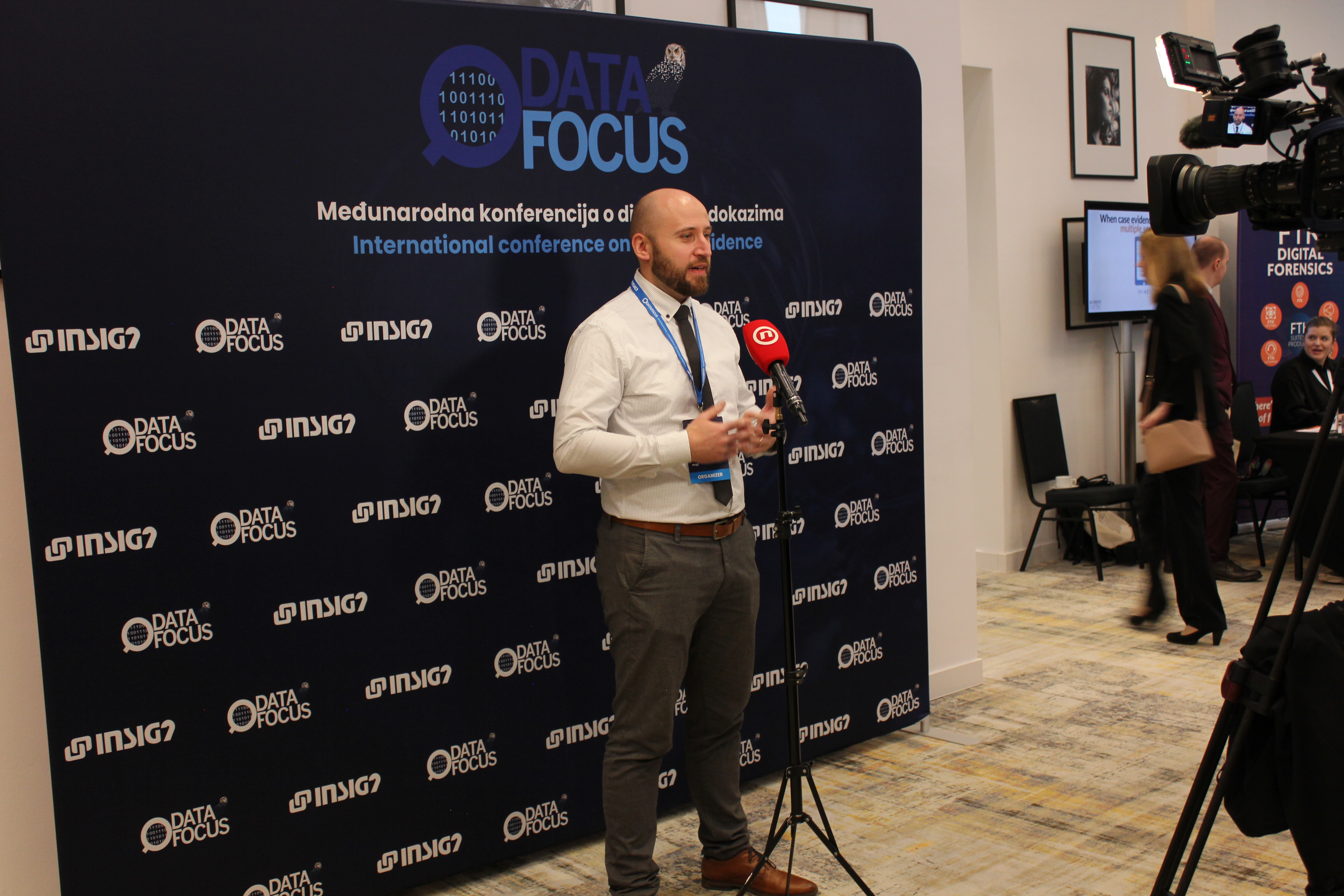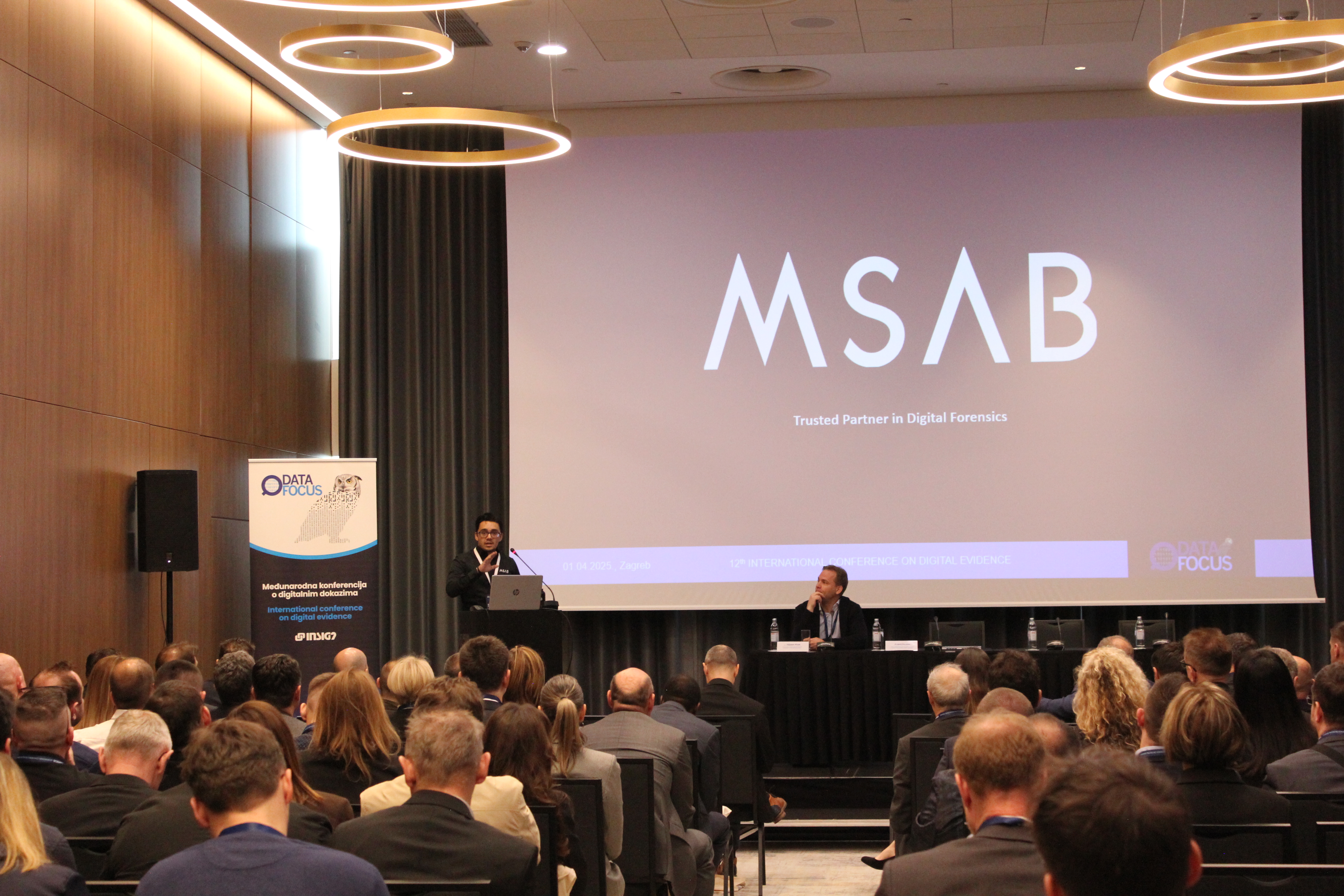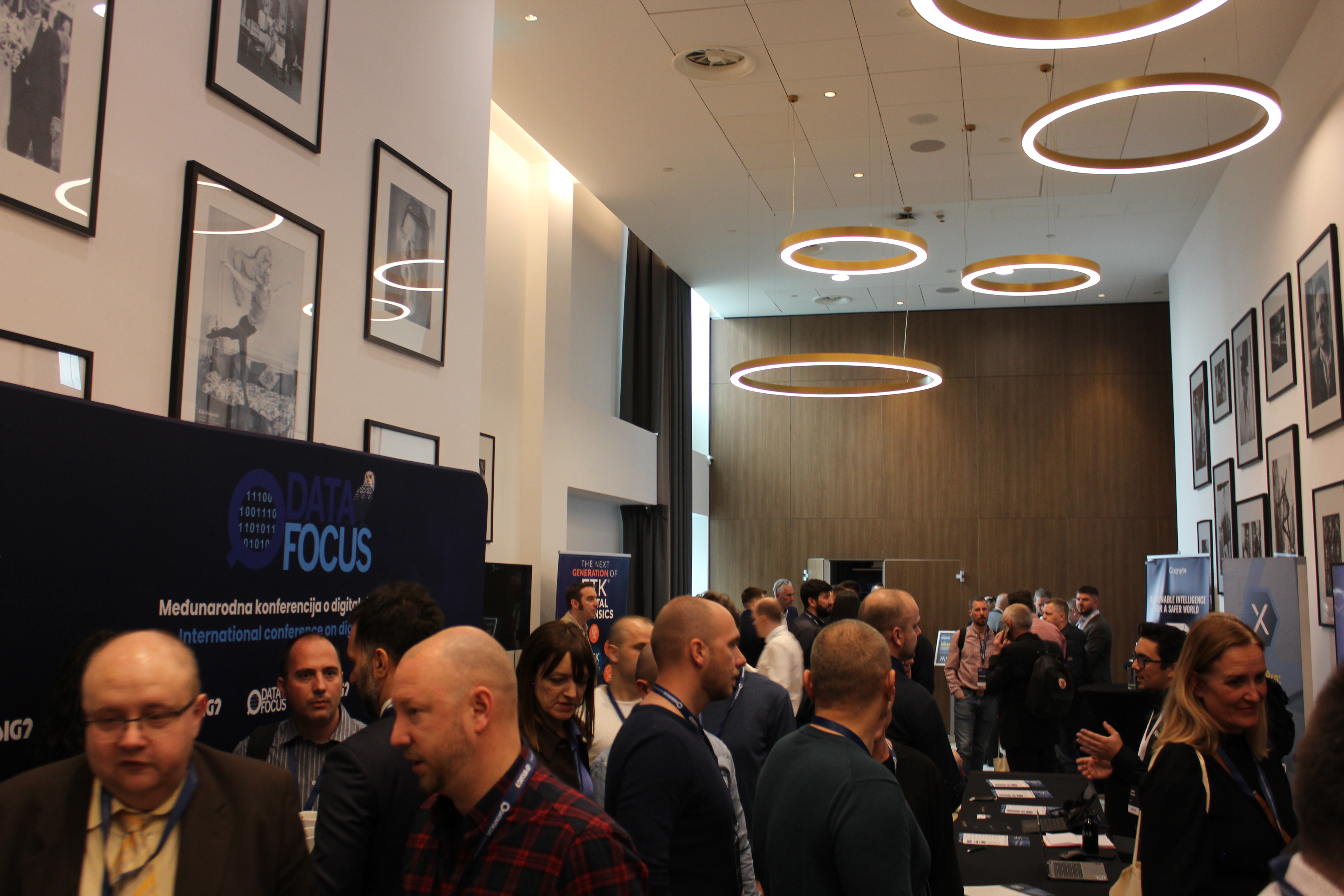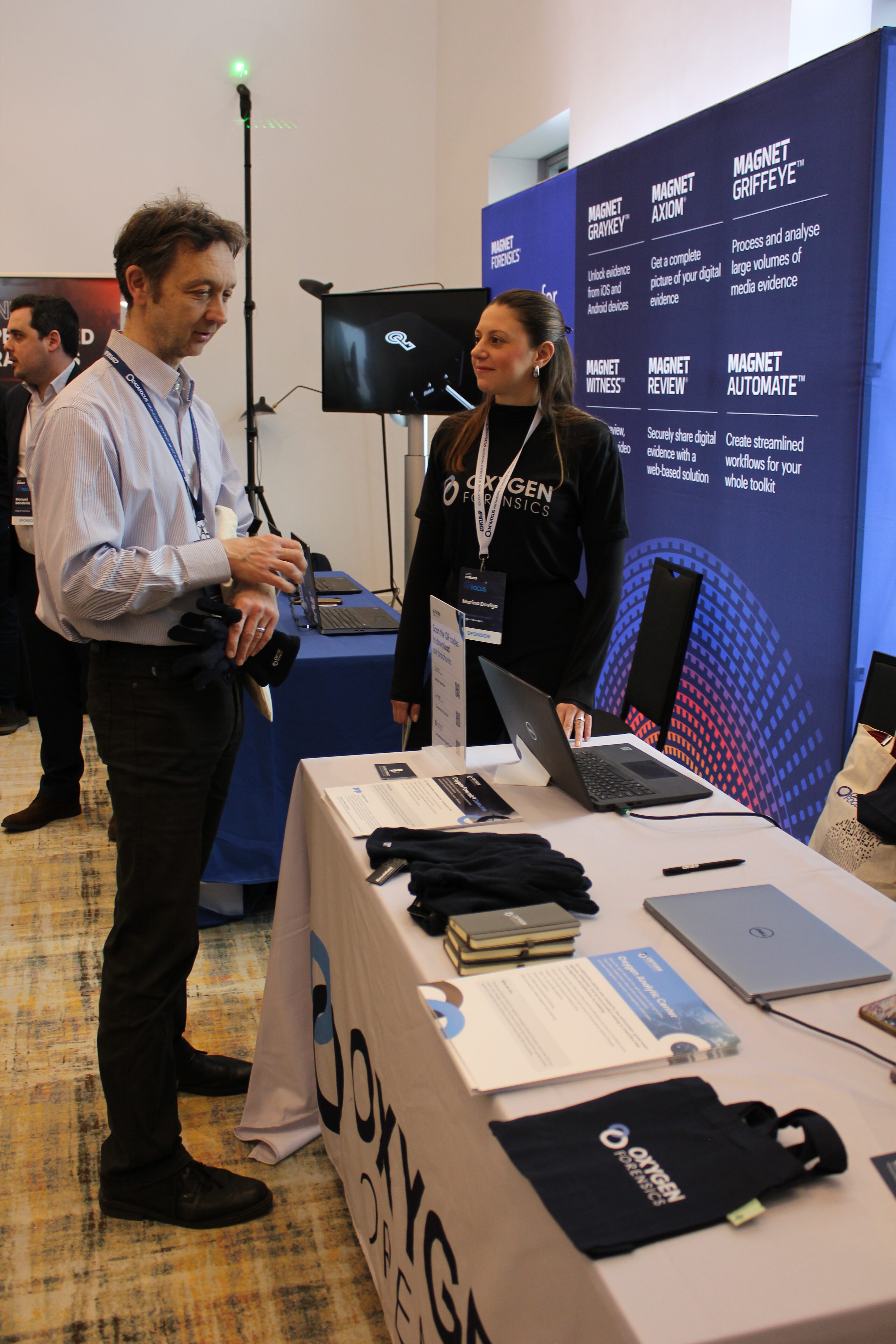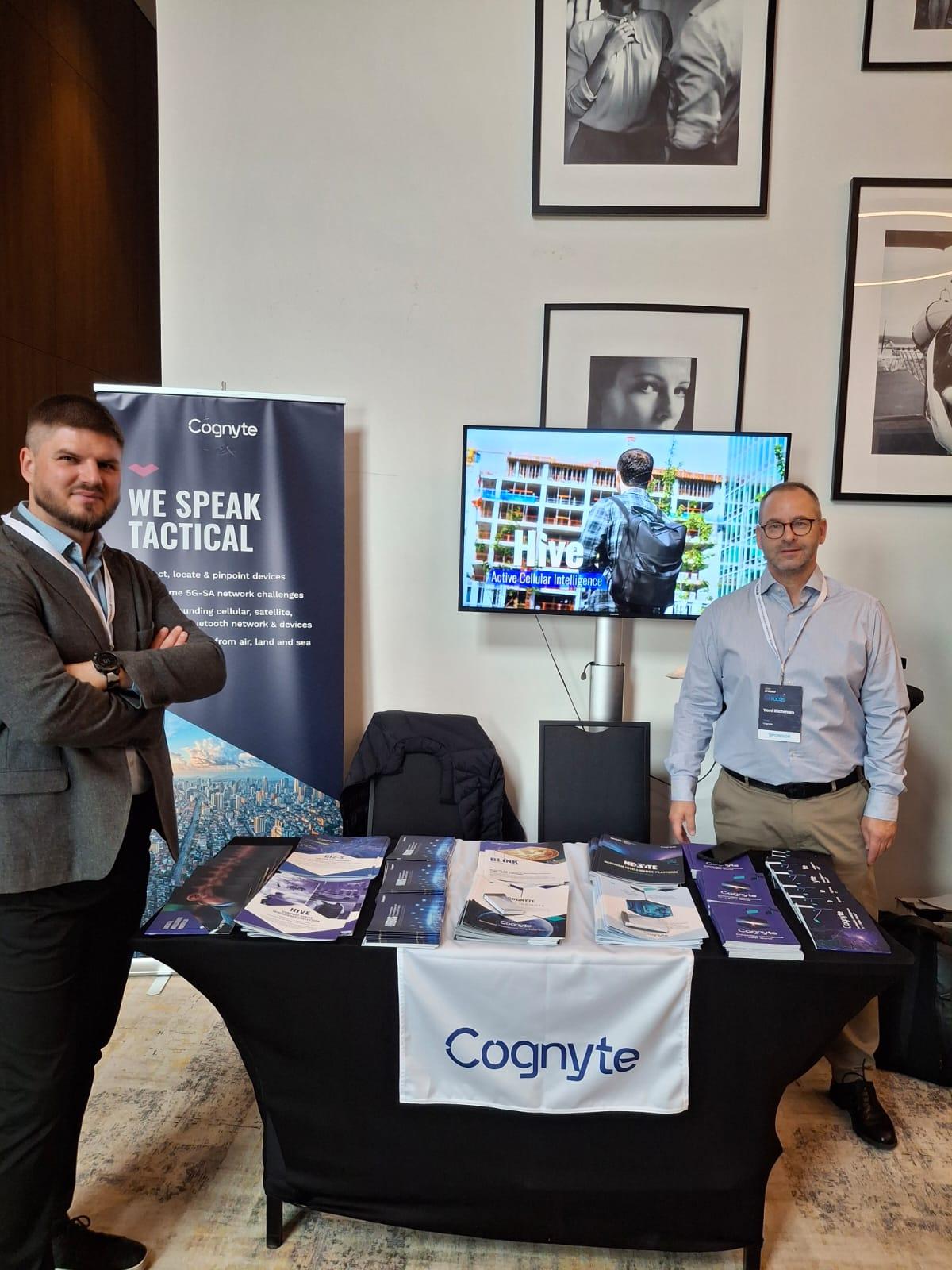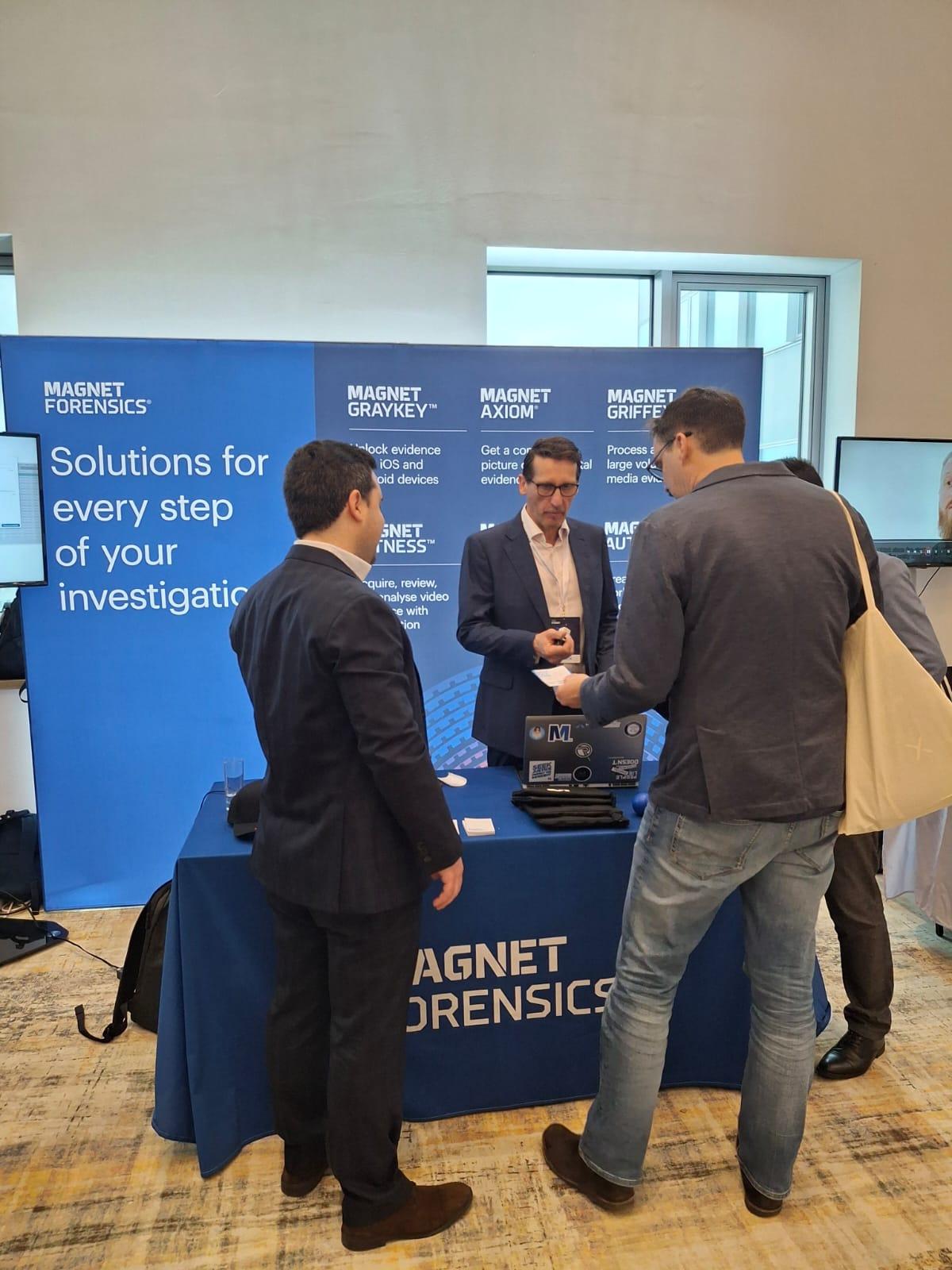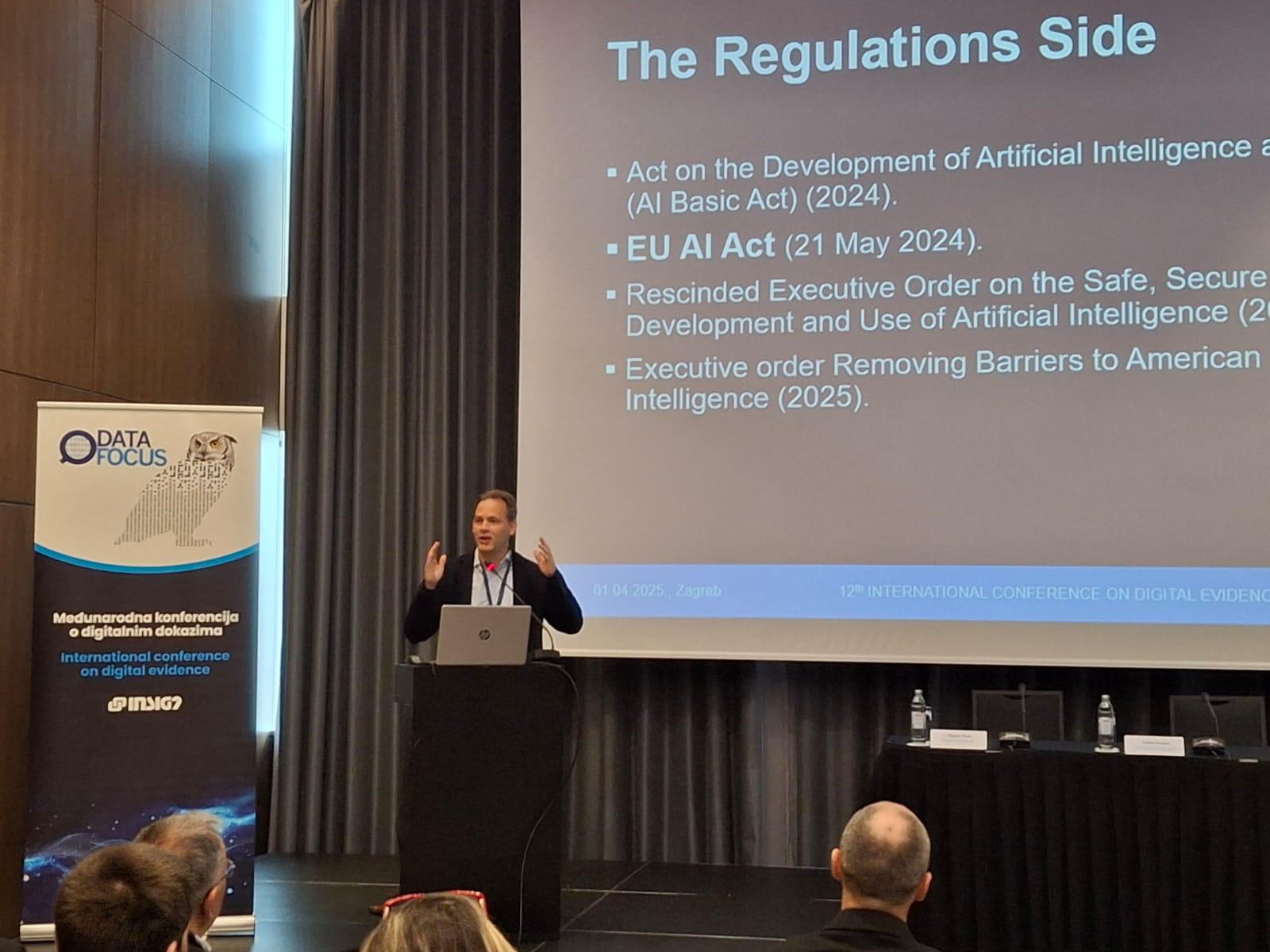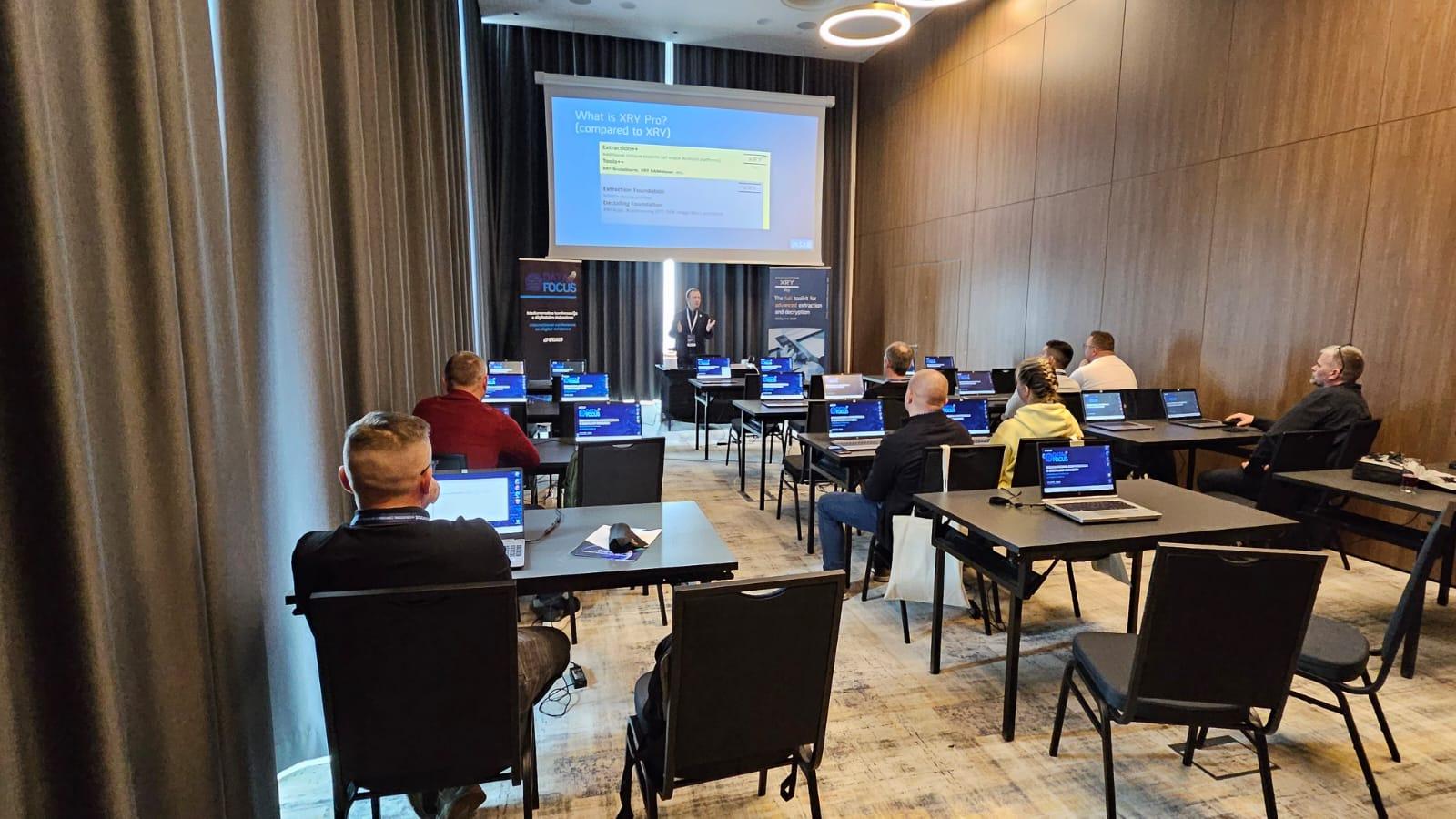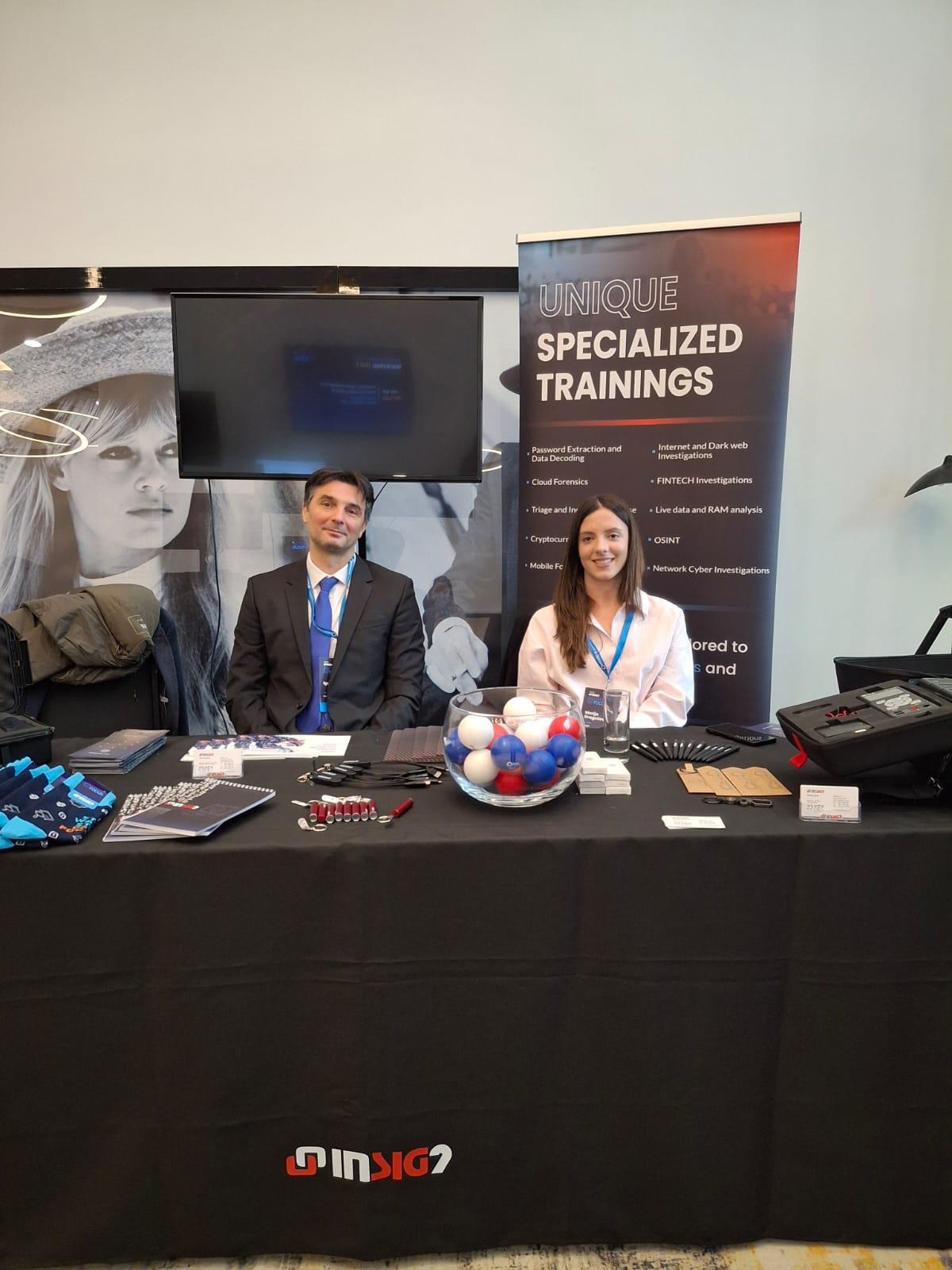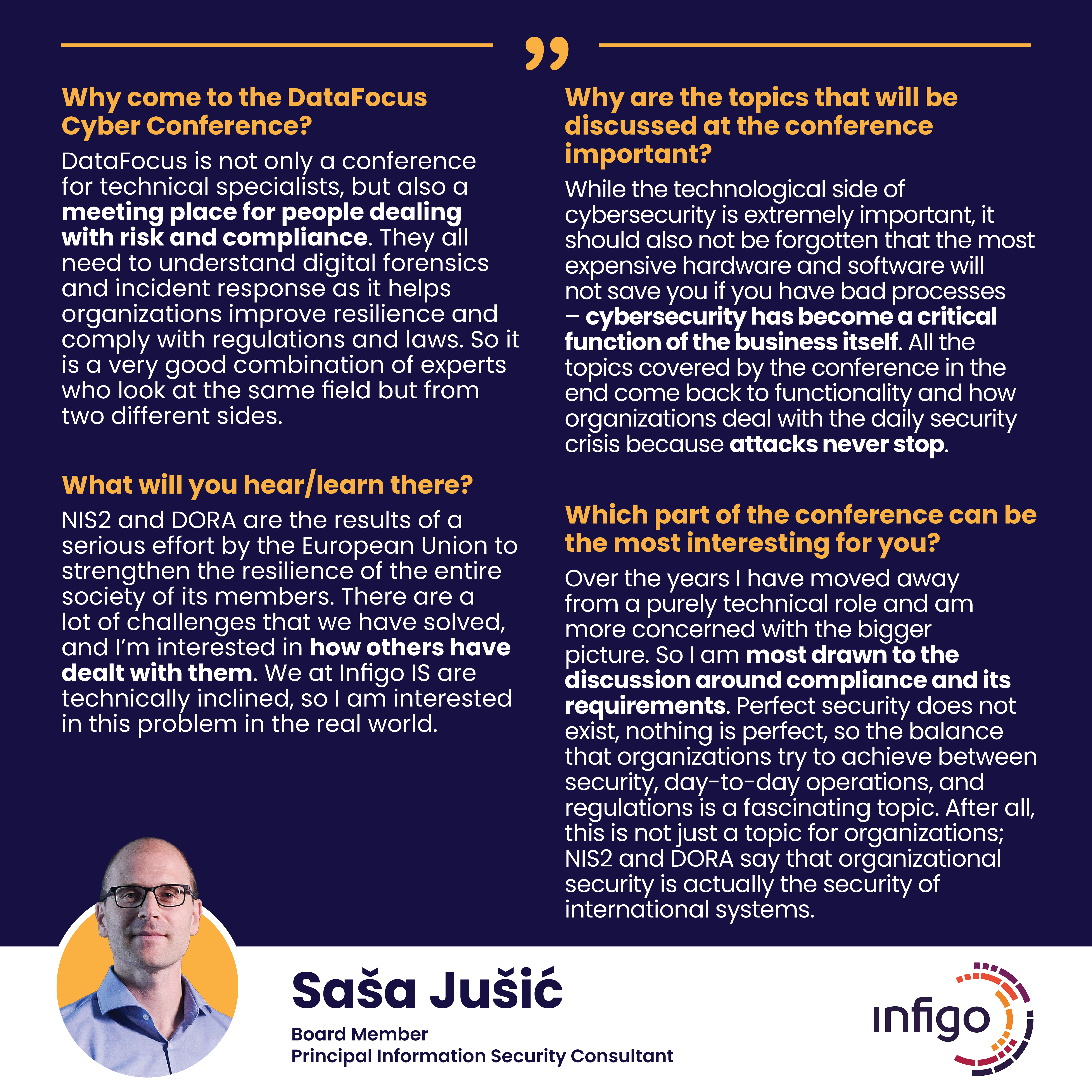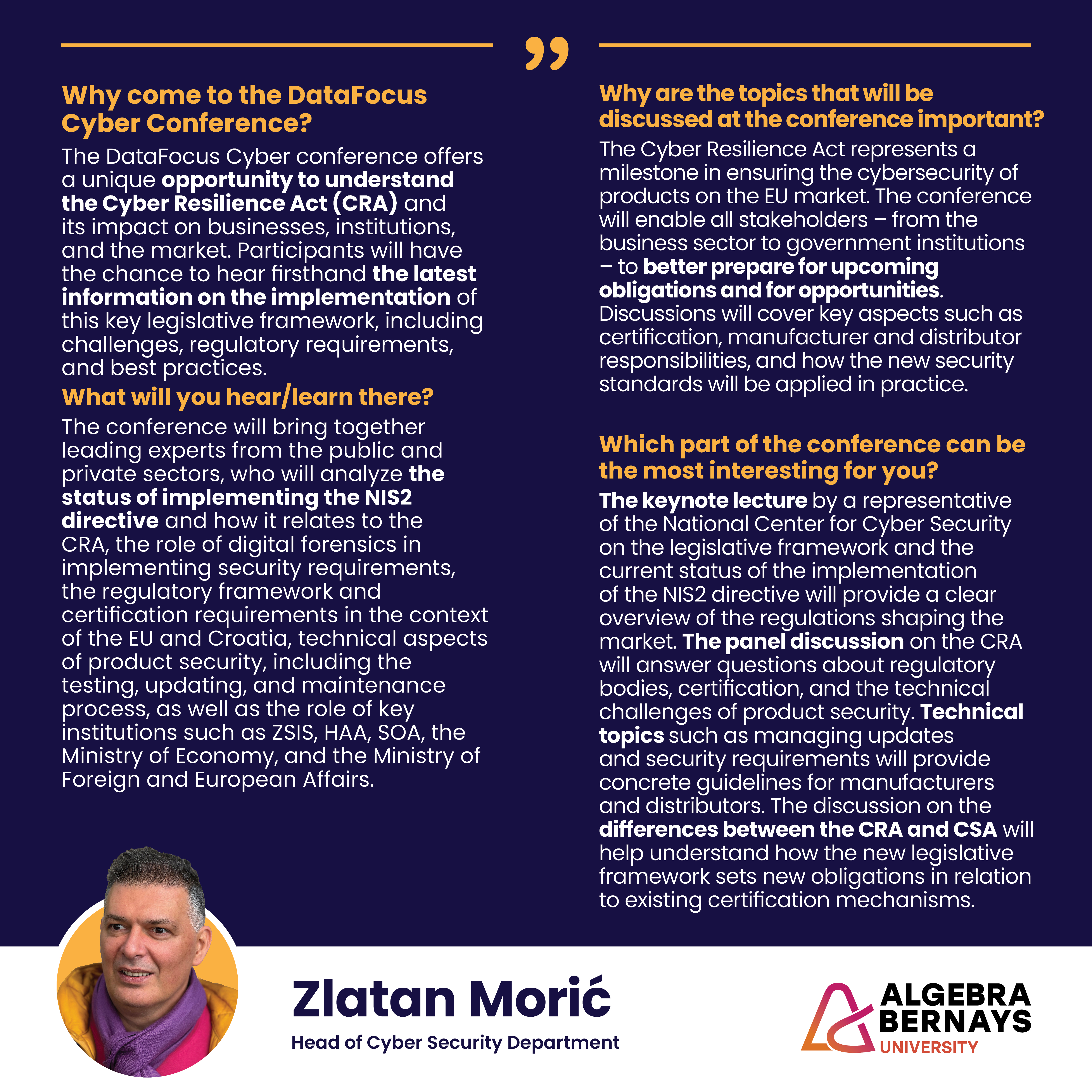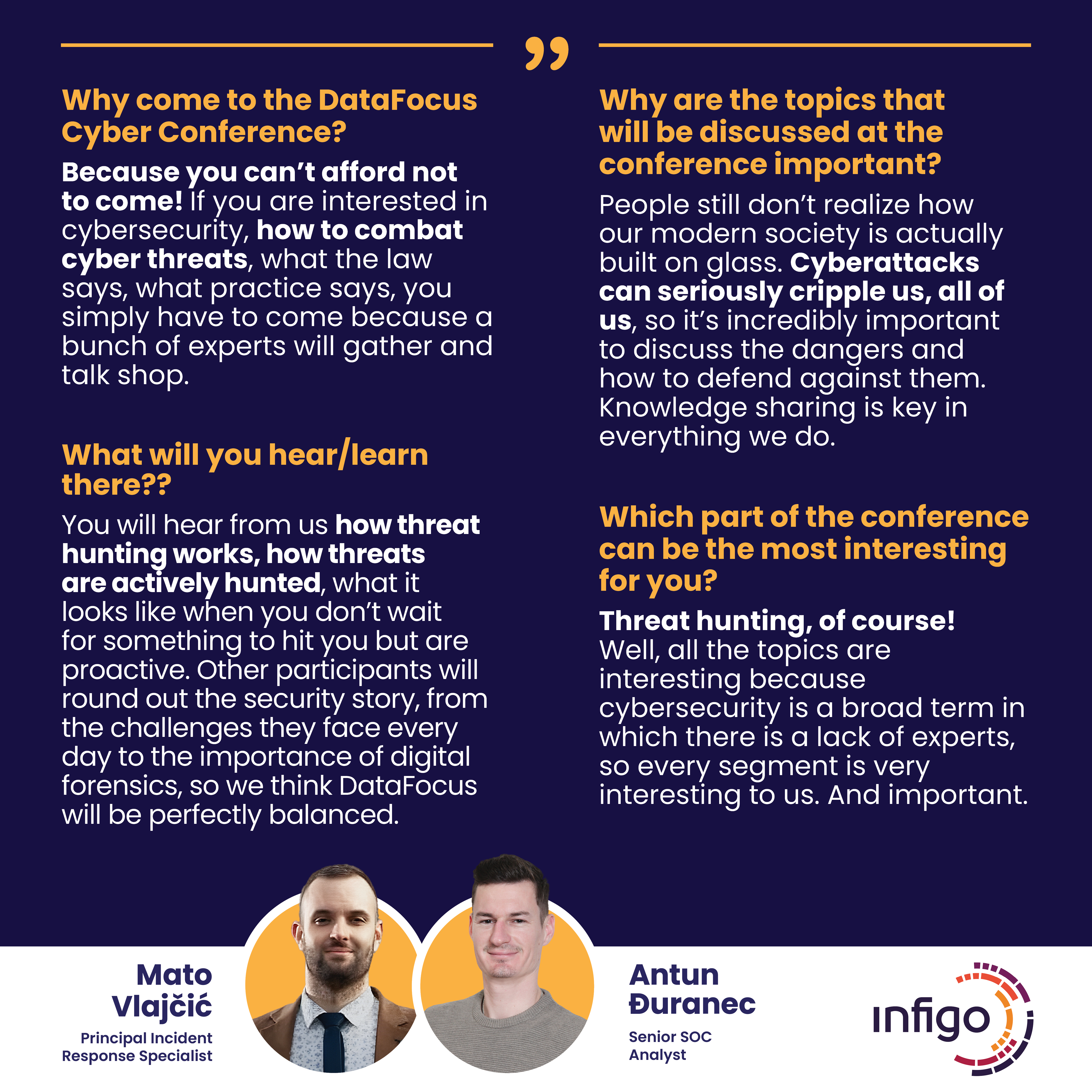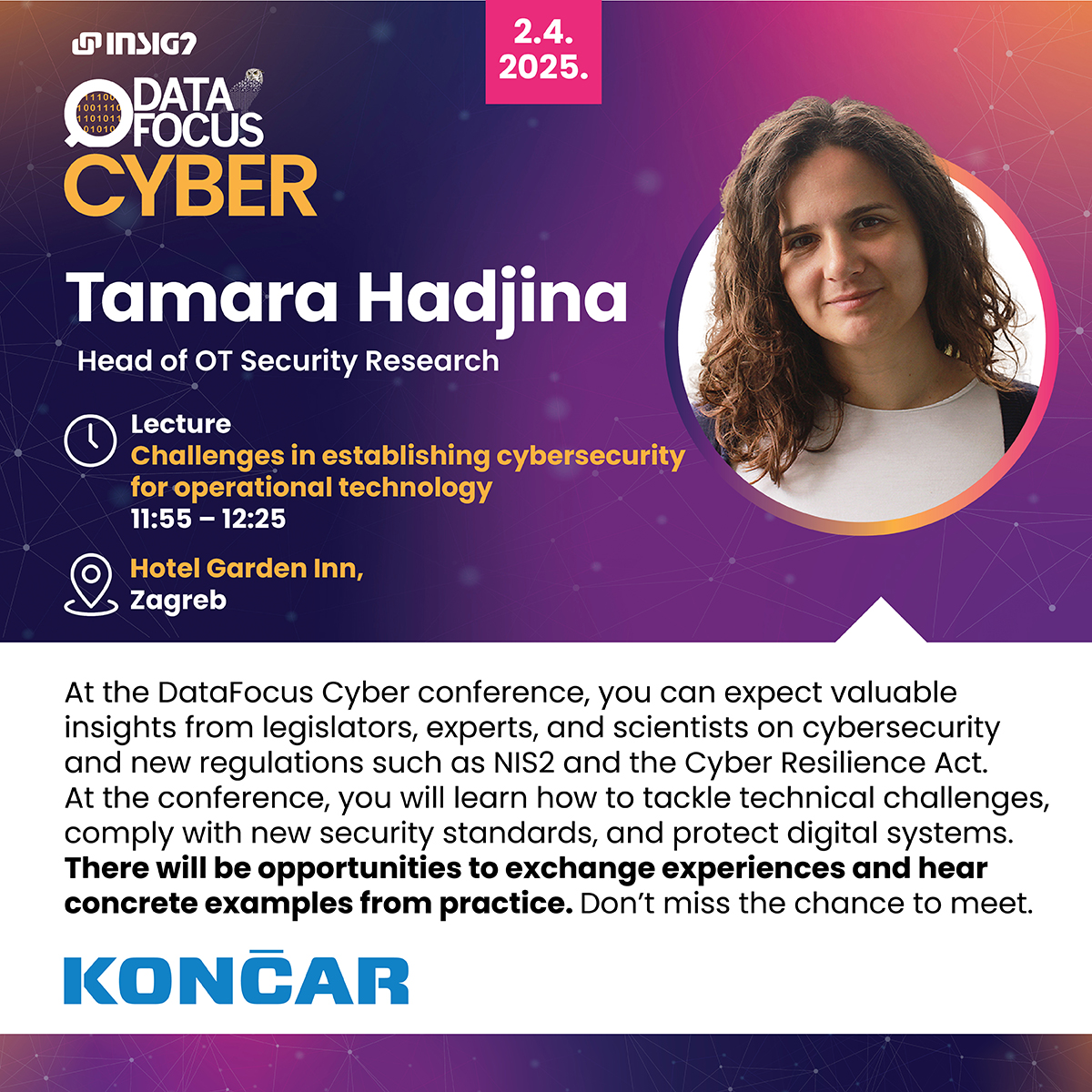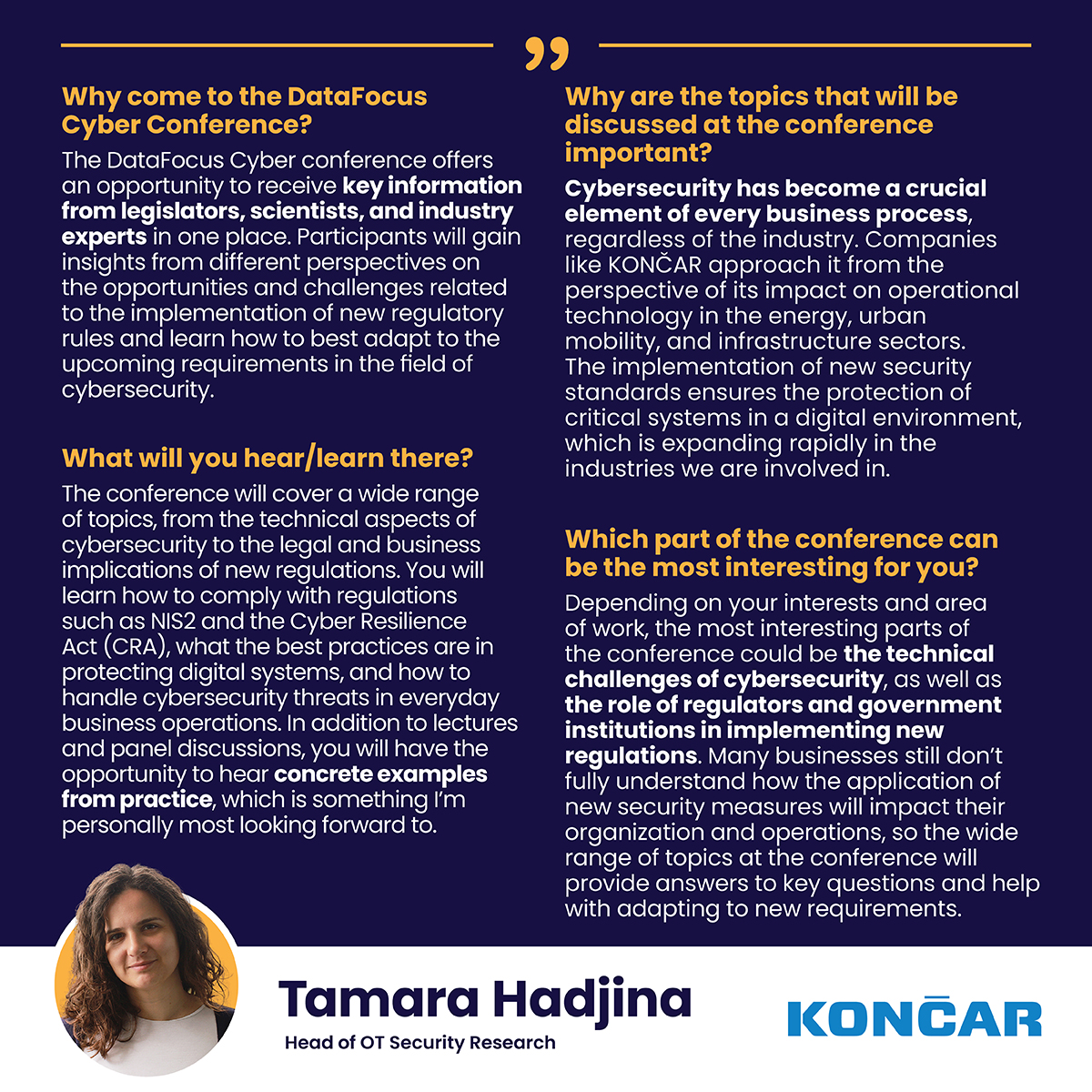Goran Supančić
Deputy County State Attorney in the Criminal Department of the County State Attorney’s Office in Varaždin since 2020. Before being appointed to the Varaždin State Attorney’s Office, he worked as a municipal state attorney in Varaždin and as a deputy municipal state attorney in Varaždin and Čakovec. He is a member of the Specialized Group for Combating Cybercrime at the State Attorney’s Office of the Republic of Croatia.
Presentation abstract
Criminal offenses against the economy are regulated in Chapter XXIV of the Criminal Code. In some of these offenses, the commission of the crime constitutes a violation of a legal provision outside of criminal law itself (blanket offenses). Given the complexity of economic operations and the application of a wide range of legal regulations governing them, the legal qualification of certain unlawful conduct in the economy, especially in specific business sectors, requires considerable effort. This effort begins with analyzing a large volume of collected data, establishing the factual situation based on that analysis, and ultimately applying the law to the established facts (determining whether there is reasonable suspicion of a criminal offense or not).
Existing models of Generative AI (GAI) or specially developed, yet-to-exist AI models, trained on data related to economic operations and their legal qualification, could be useful in analyzing data collected during investigations of economic crimes. These models could help in identifying specific patterns of unlawful conduct and applying the relevant legal regulations to such identified, criminally relevant actions.
